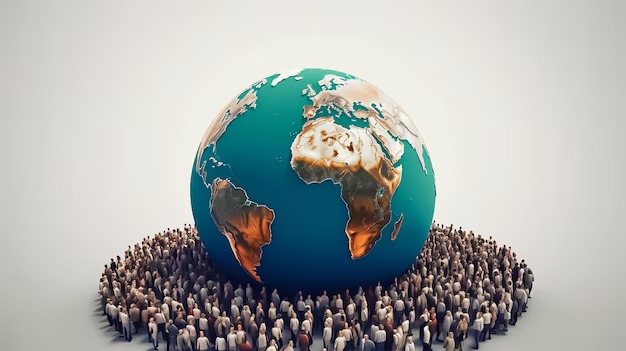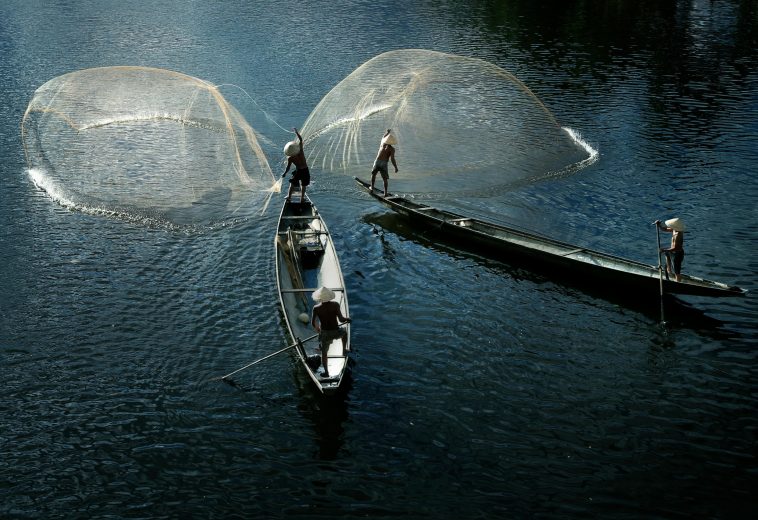Professor Cheikh Anta Diop, a renowned Senegalese historian, physicist, and anthropologist, once stated, “The African past, far from being dead, is living in the present and is contributing to the creation of a new civilization.” Diop’s assertion underscores the importance of understanding and preserving Africa’s historical and cultural heritage. The fusion of ancient wisdom with contemporary scientific research is not a new phenomenon in Africa.
Historically, African societies have always valued knowledge and learning, evident in the ancient libraries of Timbuktu and the educational institutions of Al-Azhar University in Cairo. Today, this tradition continues as researchers across the continent delve into African knowledge systems to find solutions to modern challenges.
One of the most compelling areas where ancient wisdom meets modern research is in traditional medicine. For centuries, African communities have relied on indigenous knowledge of medicinal plants and natural remedies to treat various ailments. This traditional knowledge, passed down through generations, has become a valuable resource for modern scientists.
The integration of traditional medicine into modern healthcare systems is evident in countries like Ghana and South Africa. These nations have established regulatory frameworks to ensure the safe and effective use of traditional medicines alongside conventional treatments. This approach not only preserves cultural heritage but also provides accessible healthcare solutions to rural and underserved populations.
Agriculture, the backbone of many African economies, is another sector where ancient wisdom and modern research converge. Traditional farming practices, such as crop rotation, intercropping, and agroforestry, have sustained African communities for generations. These methods, which promote biodiversity and soil health, are now being re-evaluated through the lens of modern agricultural science.
Africa’s diverse ecosystems, from the savannas of Kenya to the rainforests of the Congo Basin, are home to a wealth of biodiversity. Indigenous communities have long understood the delicate balance of these ecosystems and have developed sustainable practices to preserve them. Today, environmental scientists and conservationists are increasingly recognizing the value of this indigenous knowledge in addressing contemporary environmental challenges.
One successful example of this integration is the Great Green Wall initiative adopted by the African Union in 2007 to combat desertification in the Sahel region. This ambitious project combines traditional land management techniques with modern technology to restore degraded landscapes and create a mosaic of green, productive lands across Africa. By involving local communities and utilizing their traditional knowledge, the initiative has made significant strides in mitigating the impacts of climate change and improving livelihoods.
The preservation of Africa’s cultural heritage is another area where ancient wisdom and modern technology intersect. Oral traditions, music, dance, and art have always been integral to African societies, serving as repositories of history, values, and identity. However, these cultural expressions are at risk of being lost due to globalization and modernization.
Digital technologies are now playing a crucial role in preserving and promoting Africa’s cultural heritage. African digital repositories are digitizing historical manuscripts, artifacts, and oral histories, making them accessible to future generations. This not only safeguards cultural heritage but also provides a platform for researchers to study and share these wealth of knowledge.
Integrating indigenous knowledge systems into modern education curricula is gaining momentum across Africa. By recognizing the value of traditional knowledge, educational institutions are fostering a more inclusive and holistic approach to learning. In South Africa, the University of KwaZulu-Natal offers courses on indigenous knowledge systems, enabling students to explore and appreciate African wisdom.
Africa’s ancient knowledge of harnessing natural resources is being revitalized through modern renewable energy technologies. The continent’s vast solar, wind, and hydroelectric potential is being tapped to address energy poverty and promote sustainable development. In rural Tanzania, traditional knowledge of wind patterns and solar intensity is being integrated with modern renewable energy solutions to provide off-grid communities with access to clean and affordable energy
READ ALSO: Traditional Medicine in Modern Africa
Africa’s traditional diets, often rich in diverse plant-based foods, offer valuable insights into nutrition and health. Modern research is increasingly validating the health benefits of these diets, which are characterized by the consumption of whole grains, legumes, fruits, and vegetables.
The Future of African Innovation
The African Union’s Agenda 2063, a strategic framework for the socio-economic transformation of the continent, recognizes the importance of leveraging Africa’s rich heritage and indigenous knowledge. Through research and innovation that draws on traditional knowledge, the AU Agenda 2063 aims to achieve inclusive and sustainable development.
The intersection of ancient wisdom and modern research in Africa is a dynamic and transformative force. From healthcare and agriculture to environmental conservation and cultural preservation, this integration offers a holistic approach to addressing contemporary challenges.
As Africa continues to navigate the challenges and opportunities of the 21st century, the integration of ancient wisdom and modern research will play a pivotal role in shaping the continent’s future. This synthesis of knowledge systems offers a unique pathway to sustainable development, innovation, and cultural preservation, creating a legacy that will inspire future generations.


